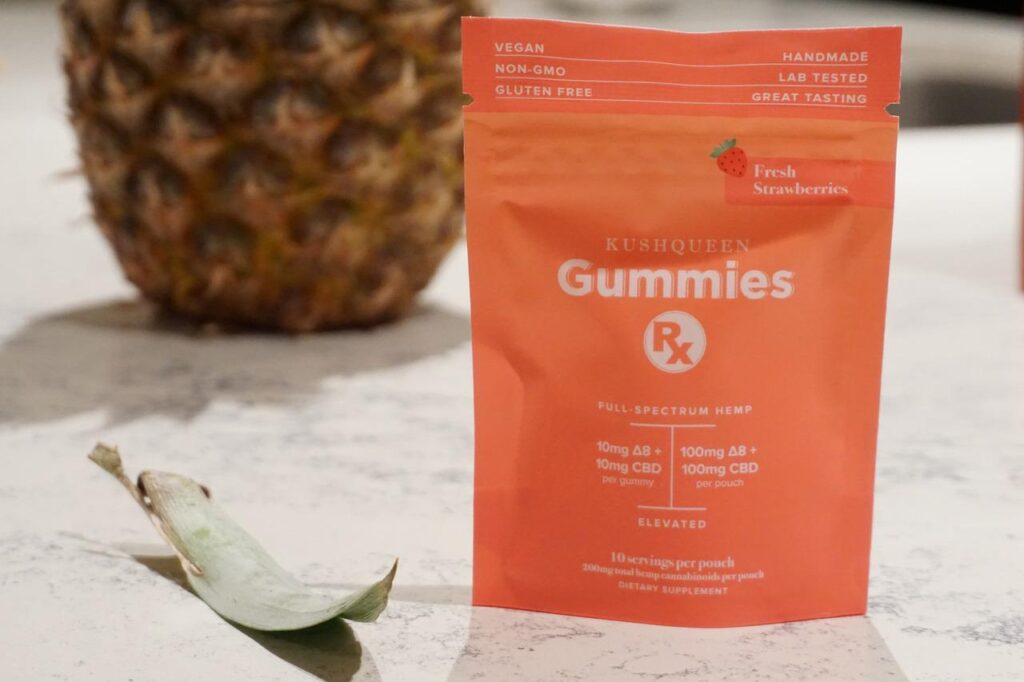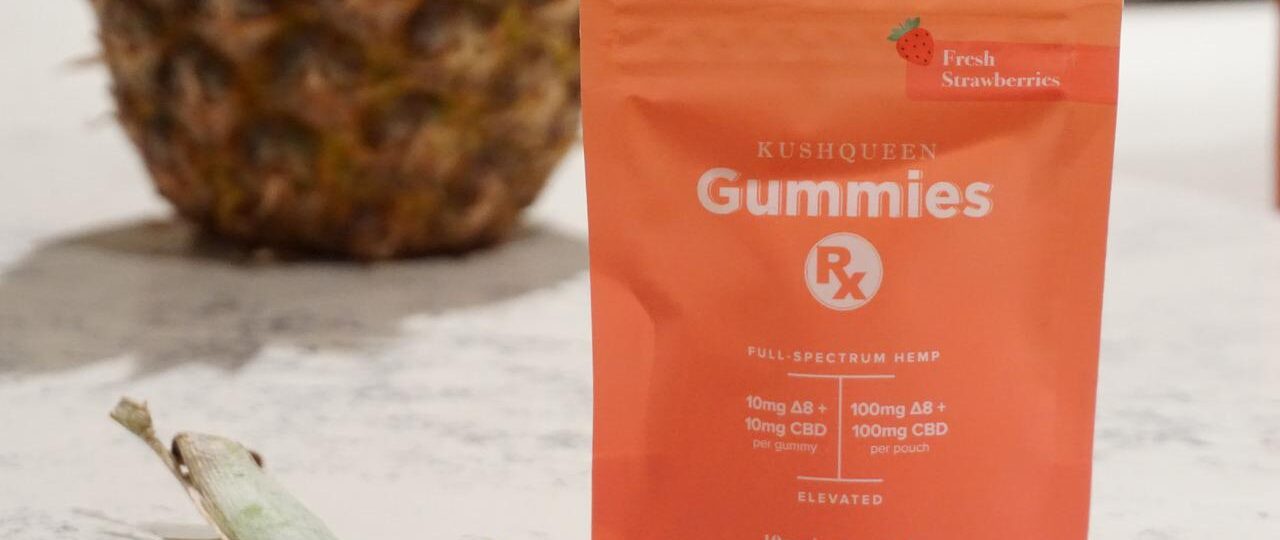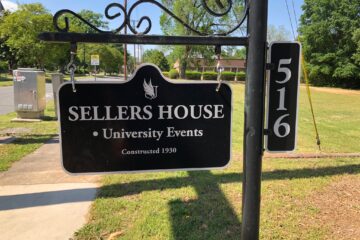
York County enacted a ban on all sales of delta-8 THC products going into effect last Monday, Aug. 22.
The statement from the York County Drug Enforcement Unit read that under the 2018 Hemp Farmers Bill, THC delta-8 and THC delta-10 products were illegal substances.
“Although the language may appear to be confusing, the highlighted section clearly indicates that THC delta-8 and THC delta-10 are illegal substances in the State of South Carolina and are not exempted by the 2018 farm bill,” the statement read.
The statement advised merchants to clear their shelves immediately of all delta-8 and delta-10 products and that beginning Aug. 22, the York County Drug Unit would begin to audit and criminally charge merchants who were still carrying these products.
“Under the Hemp Farmers Act of 2018, basically the only substance that is illegal is delta-9. The other forms that are not specifically that, basically, should be legal for the most part,” Nirvana smoke shop worker Brian Zauss said.
Currently, delta-8’s legality is being questioned in South Carolina. While it is not currently illegal, the Attorney General released a letter stating that while delta-8 is illegal, it is not legally binding and is being left to individual police officers to decide whether or not the state’s Hemp Act is being violated.
Local businesses are expected to receive a decrease in their number of customers since the ban took effect.
“Delta-8 has been a huge chunk of these up-and-coming businesses so it’s (the ban) is probably going to hurt a lot of businesses who don’t have the same financial ability as Nirvana to stock their stores,” Zauss said.
Students at Winthrop were divided on whether or not the ban is a good thing for the community.
“I think it’s a political power move rather than a necessary ban. Delta-8 sales promote small business growth and it’s relatively harmless and beneficial to self-manage anxiety and other issues,” said a student who wished to remain anonymous.
“I’m happy that this ban has taken place. If you look at places like Portland and Seattle, you could see that this has not served us well,” sophomore political science student David Ibragimov said.
Ibragimov continued saying that legalizing recreational drugs “has resulted in many other unfortunate things happening such as the crime and homeless crisis rising up as well, making these cities unbearable for businesses and families who want to remain safe.”
Sophomore music technology major Ravyn Rhodes said, “I’m disappointed and pretty surprised. As far as I know, no other major county got such a mandate from SLED/local PD’s, and considering that at the federal level, hemp products are considered legal (or at least aren’t considered illegal) I’m surprised York County took such an unpopular step.”




